How high temperature and heat waves affect kidney, SS Kidney and Urology Hospital in Haryana
As summer temperatures increase, the risk of heat-related illnesses grows, presenting significant dangers to different groups of people. Vulnerability to these illnesses varies widely: some individuals and communities are more at risk due to their health conditions, where they live, or the nature of their work. By identifying these specific risk factors and understanding why certain populations are more susceptible, we can develop targeted strategies to prevent heat-related illnesses and protect those who are most vulnerable.
Effects of heat on kidney
When body temperatures rise, it can severely impact the kidneys. Dehydration caused by high temperatures can lead to low blood pressure and reduce kidney function. Heat illness can disrupt many metabolic processes, including those necessary for kidney function. Muscle breakdown during severe heat stroke can also contribute to kidney failure. Furthermore, heart failure and shock during extreme heat can lead to kidney failure. It's important to avoid non-steroidal anti-inflammatory drugs (NSAIDs) when exposed to hot environments as they can increase the risk of acute kidney failure.
Dehydration
-
Increased Fluid Loss: High temperatures cause excessive sweating, leading to dehydration if fluids are not adequately replenished. Dehydration reduces blood flow to the kidneys, impacting their ability to filter waste products and maintain electrolyte balance.
-
Electrolyte Imbalance: Sweating not only results in water loss but also depletes essential electrolytes like sodium, potassium, and chloride. These electrolytes are essential for maintaining cellular function and nerve impulses, including those in the kidneys.
Blood Pressure Regulation
-
Blood Flow: Heat stress causes blood vessels to dilate (expand) as the body tries to dissipate heat. This dilation can lower blood pressure and reduce blood flow to the kidneys, affecting their filtration efficiency.
-
Impact on Renin-Angiotensin System: The kidneys play a key role in regulating blood pressure through the renin-angiotensin system. Heat can disrupt this system, potentially leading to fluctuations in blood pressure levels.
How to know if you are affected by heatwaves?
If you feel you are affected by heat waves, you may experience the following symptoms:
-
Rapid, shallow breathing.
-
Excessive sweating and thirst.
-
Muscle cramps
-
Headaches and irritability
-
Increased body temperature and heart rate.
-
Weak, rapid pulse.
-
Cool, moist skin. Pale complexion
-
Reduced urination
-
Dizziness, weakness, lack of coordination, and fainting.
How to prevent kidney damage from heat waves?
If you know someone with risk factors for heat-related illnesses, it's essential to take special precautions. Never leave children or pets in a closed vehicle or any enclosed space in a hot environment, as this is a leading cause of death among children and pets during summer. Check on elderly individuals regularly and ensure they have access to cooling methods, such as a mist bottle with a fan, which can be very effective. Older adults without access to cooling should avoid diuretics and alcohol. If necessary, take them to cooling shelters and provide plenty of fluids and ice to keep them cool and hydrated. In living spaces without cooling, open windows and use fans. In urban areas, safety concerns can make this challenging but closed, overheated environments increase the risk of heat-related illness for the elderly.
Who is at risk?
Elderly Individuals
Reduced Heat Tolerance: Aging decreases the body's ability to regulate temperature, making older adults more susceptible to heat stress.
Chronic Health Conditions: Pre-existing conditions such as heart disease, diabetes, and kidney disease can worsen during heat waves, increasing vulnerability.
Children
Higher Metabolic Rate: Children produce more heat during physical activity, making them prone to heat accumulation.
Dependency: Infants and young children rely on caregivers to provide adequate hydration and protection from heat.
Individuals with Chronic Medical Conditions
Limited Mobility: Those with mobility issues may struggle to access cooling areas or hydrate themselves adequately.
Outdoor Workers
Extended Exposure: Jobs that require prolonged outdoor activity increase the risk of heat-related illnesses.
Limited Breaks and Shade: Lack of access to shade or breaks can exacerbate heat stress among outdoor workers.
Athletes and Exercisers
Intense Physical Activity: Vigorous exercise in hot conditions can lead to rapid fluid loss and electrolyte imbalance.
Competitive Environment: Athletes may push themselves beyond safe limits in pursuit of performance goals, increasing their risk of heat-related illnesses.
Tips to tackle heatwaves
Follow these tips to prevent yourself from being sick due to heatwaves:
-
Stay hydrated
-
Sit in cool places
-
Drink sufficient liquids
-
Dress appropriately
-
Avoid going out during peak hours (12:00 PM - 3:00 PM)
-
Eat seasonal fruits and vegetables
-
Take cool showers
-
Visit a doctor as soon as you feel any symptoms of heat waves
The kidneys play an essential role in defending the body against the impacts of heat stress, yet they can be harmed by excessive heat. Heat waves can cause acute kidney damage, electrolyte imbalances, kidney stones, and urinary tract infections. With increasing global warming, it is essential to provide enough hydration and avoid overheating, particularly among disadvantaged groups at risk of heat stroke.
For more information, consult a doctor at SS Kidney Hospital and clear your doubts about various kidney-related problems.

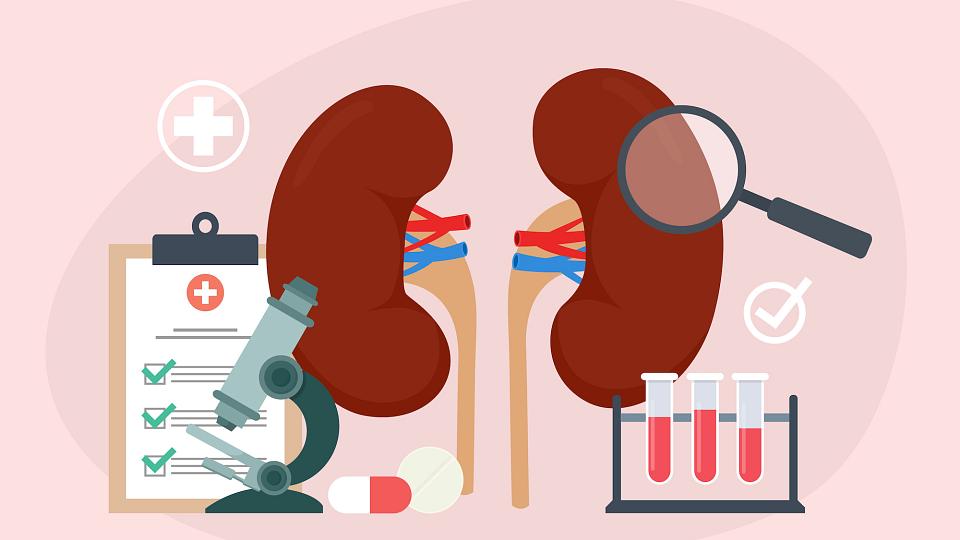


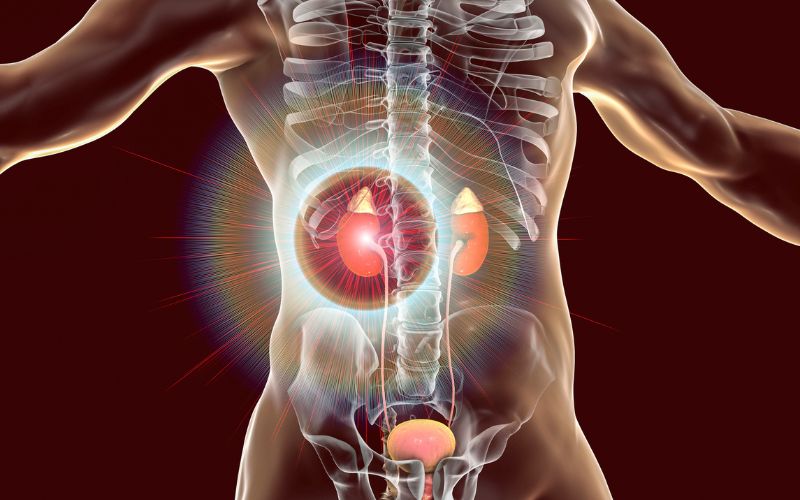
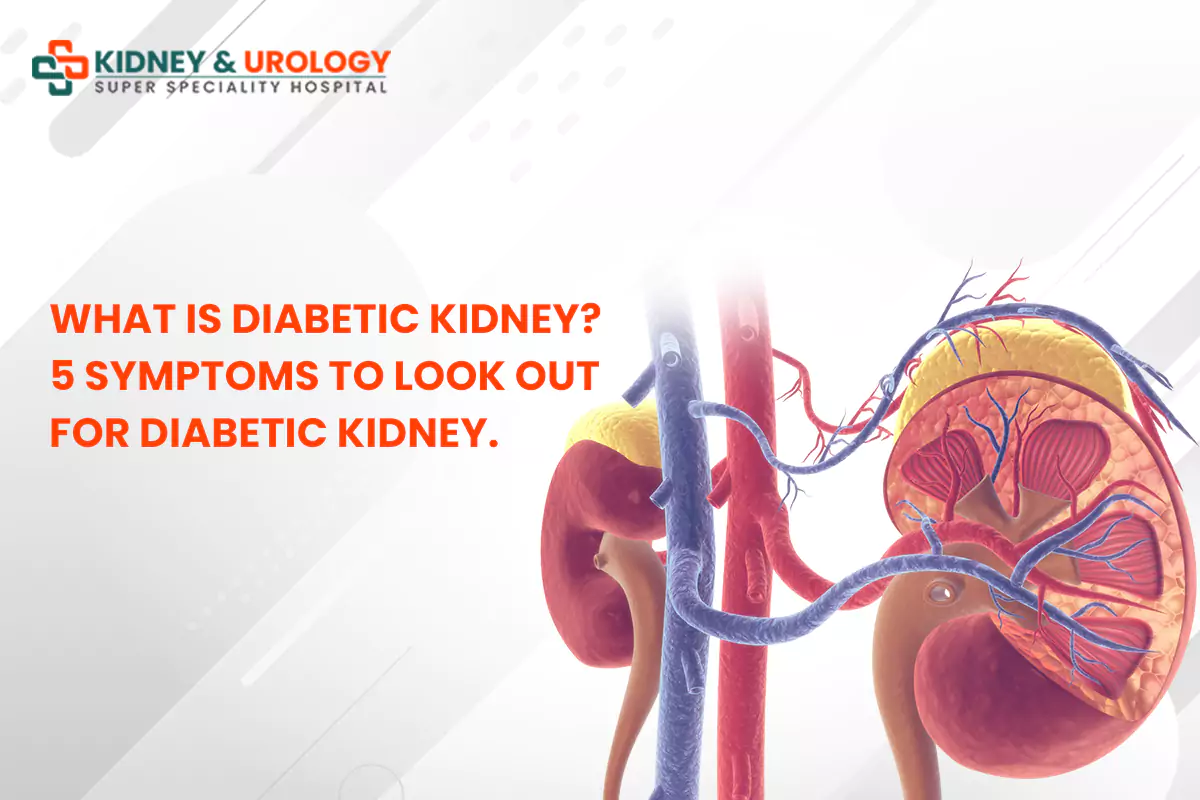
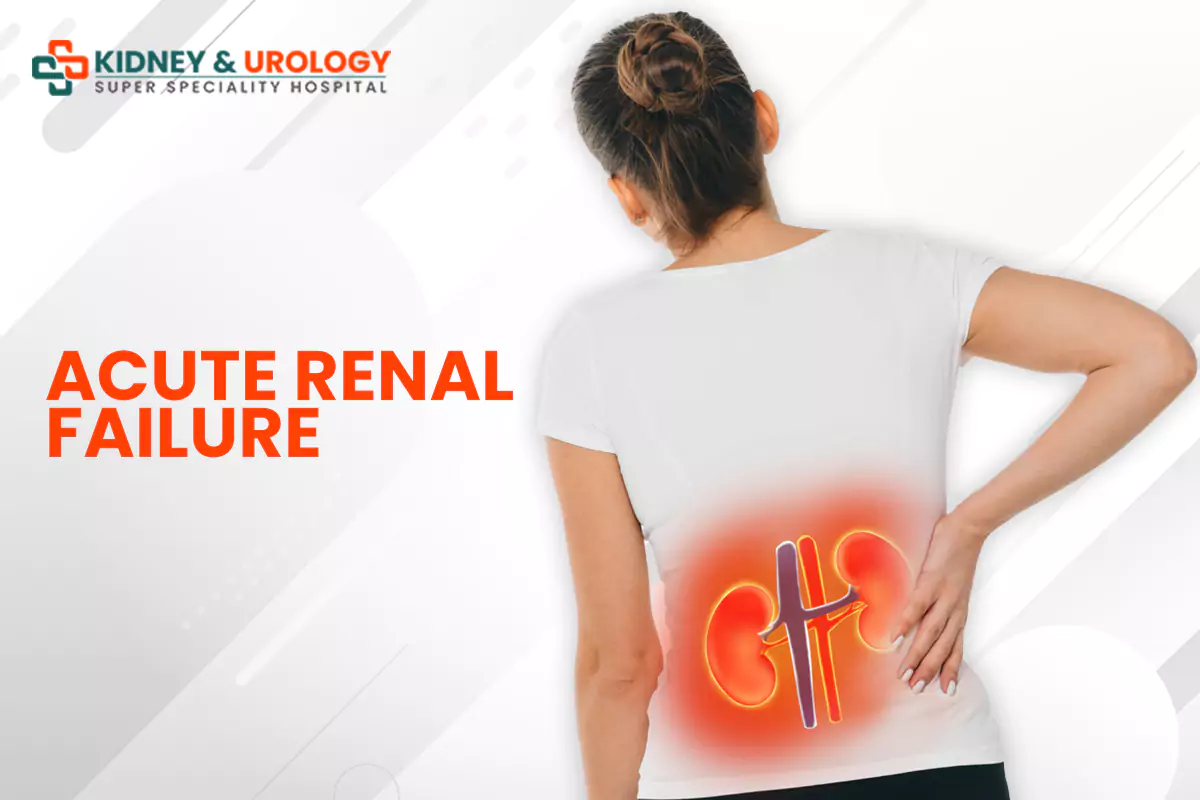
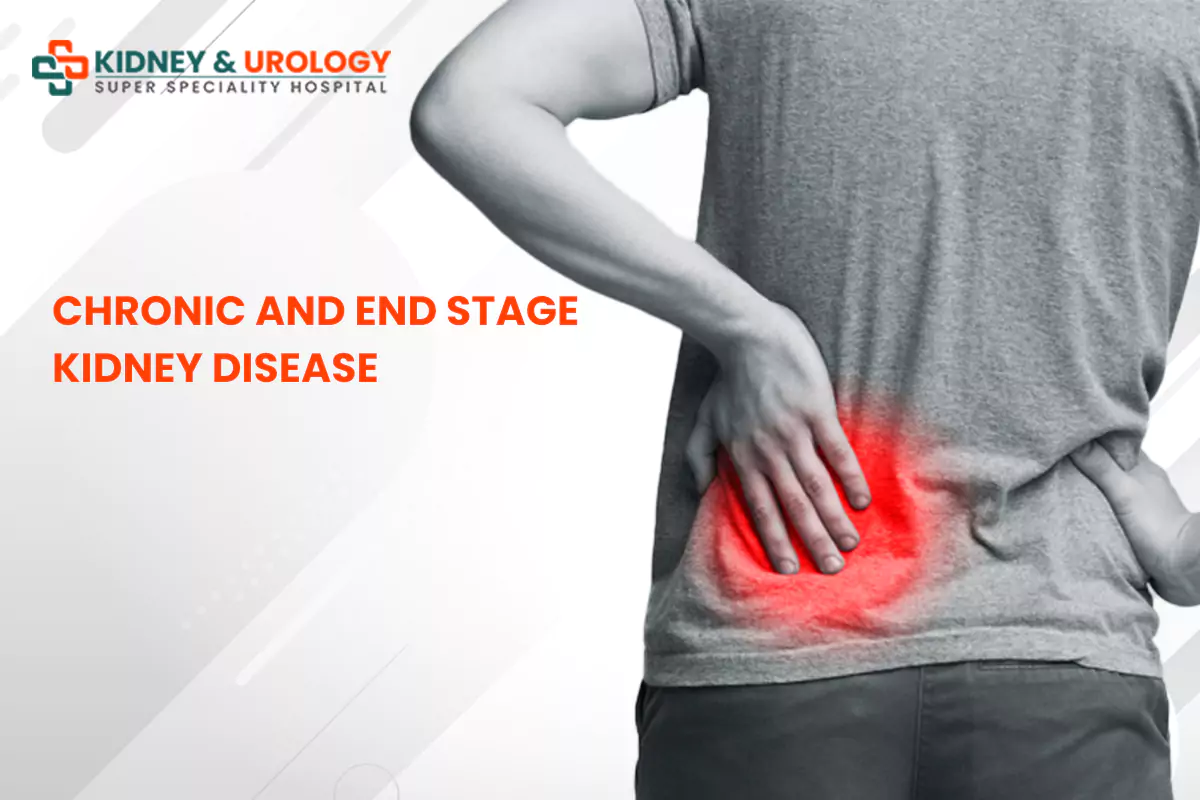

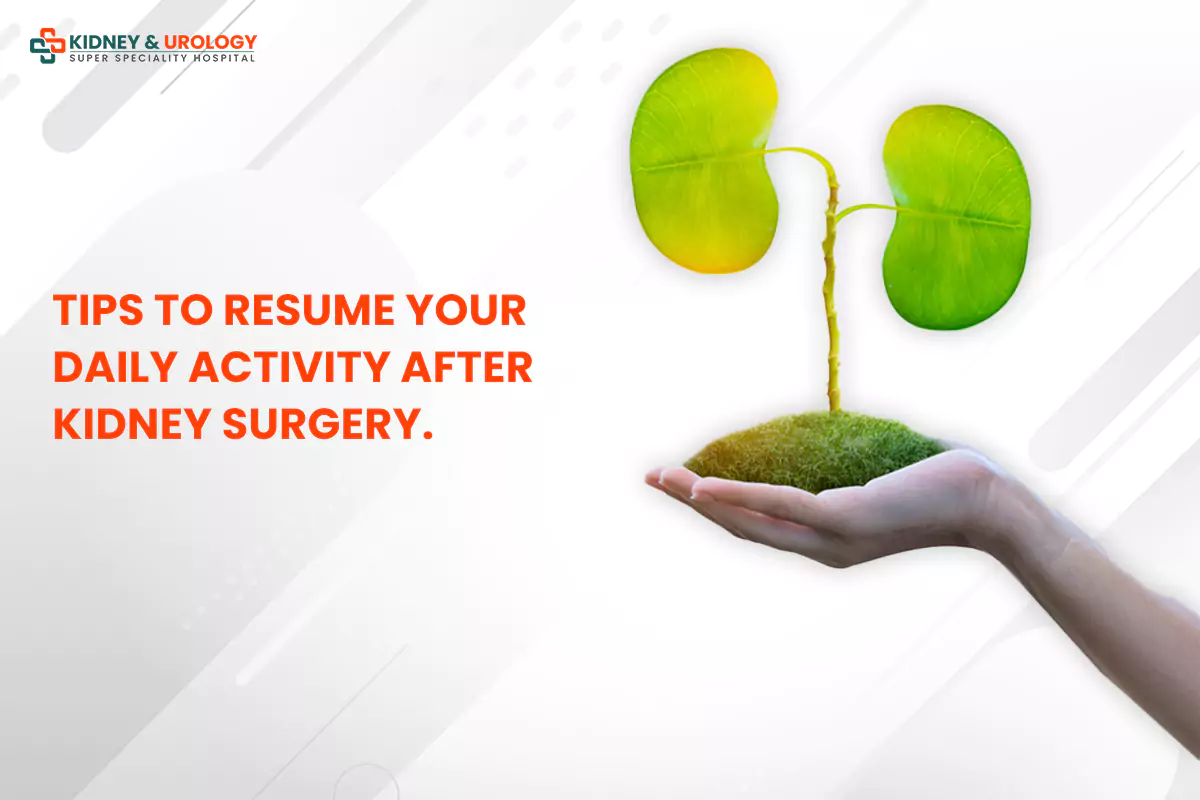




Request A Callback